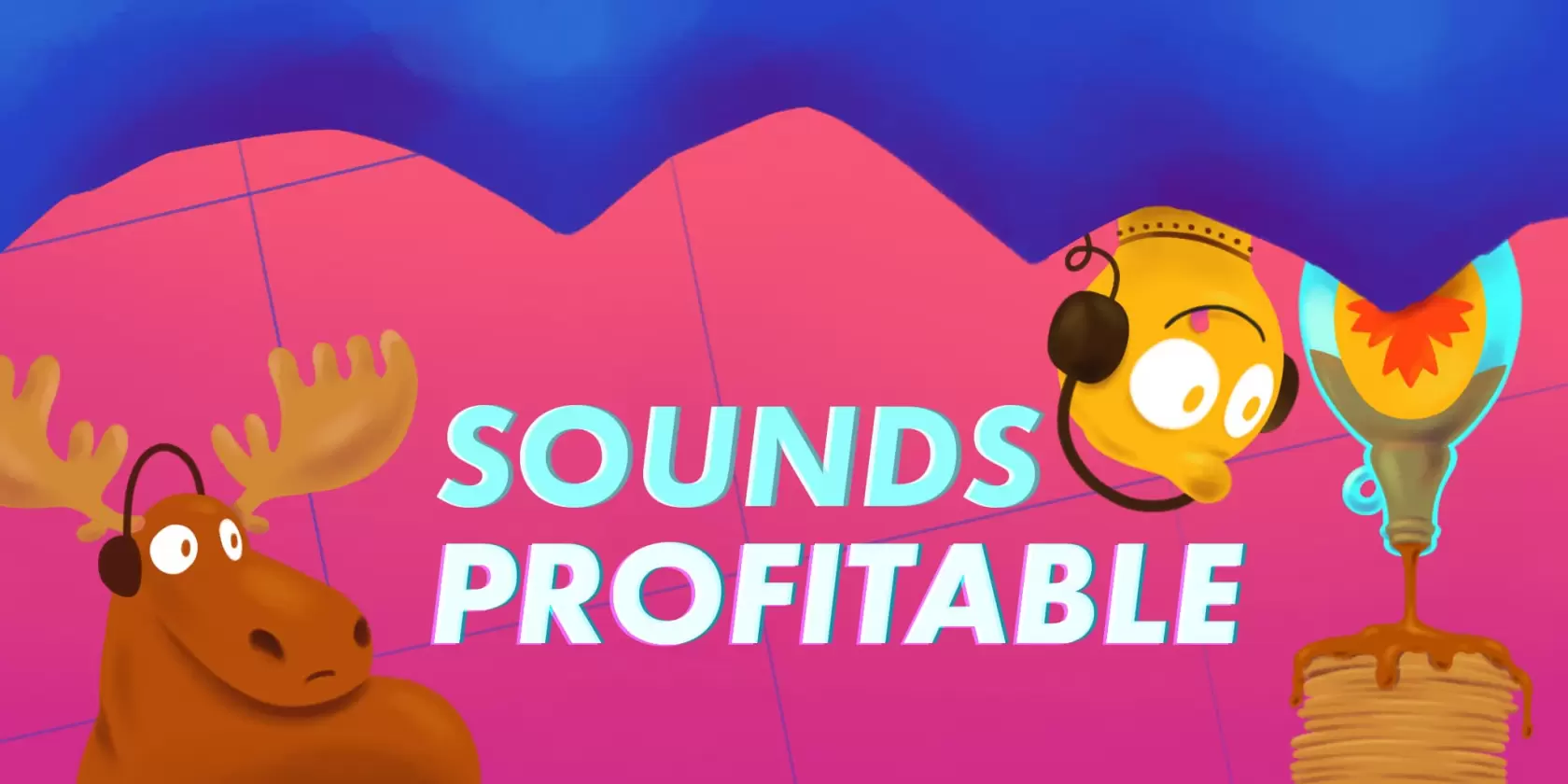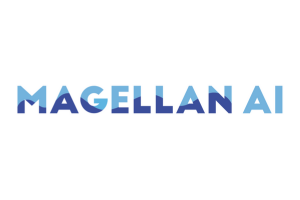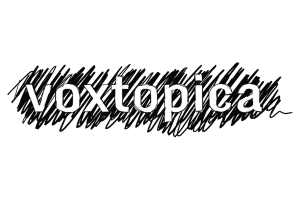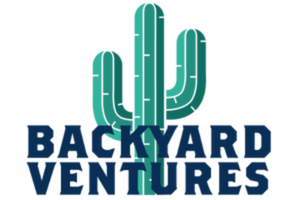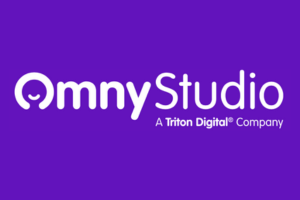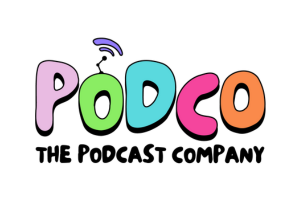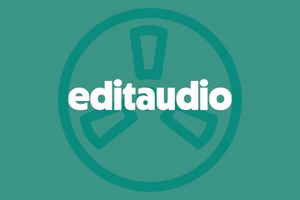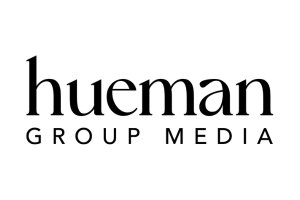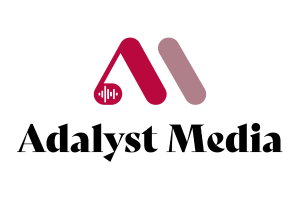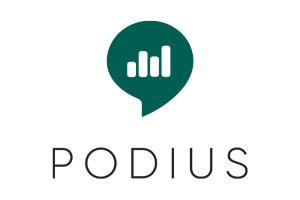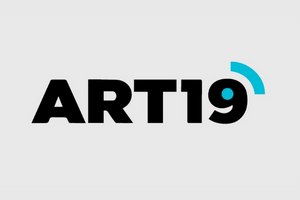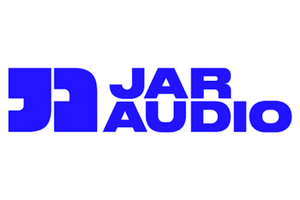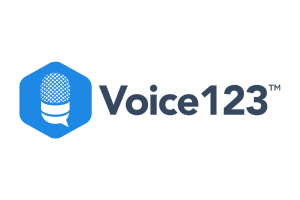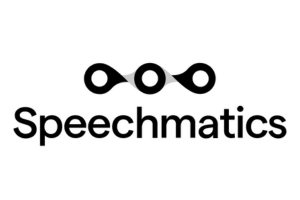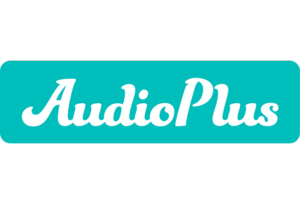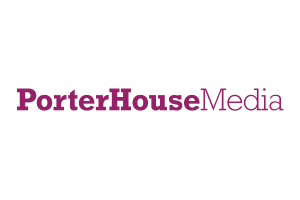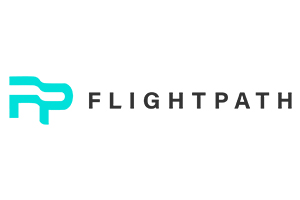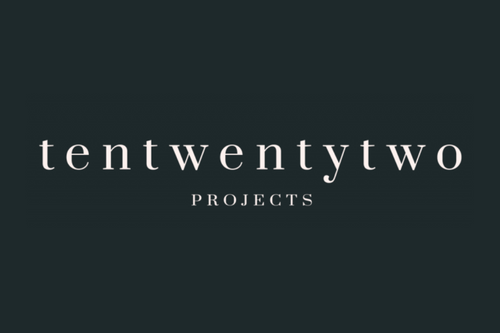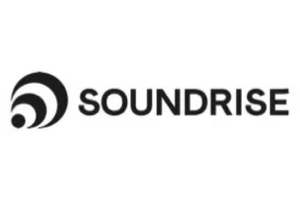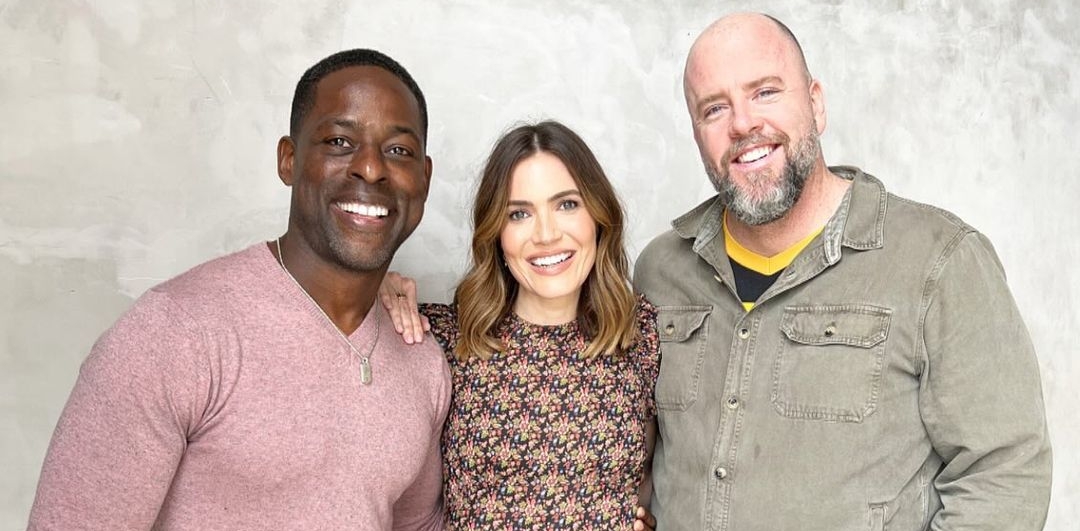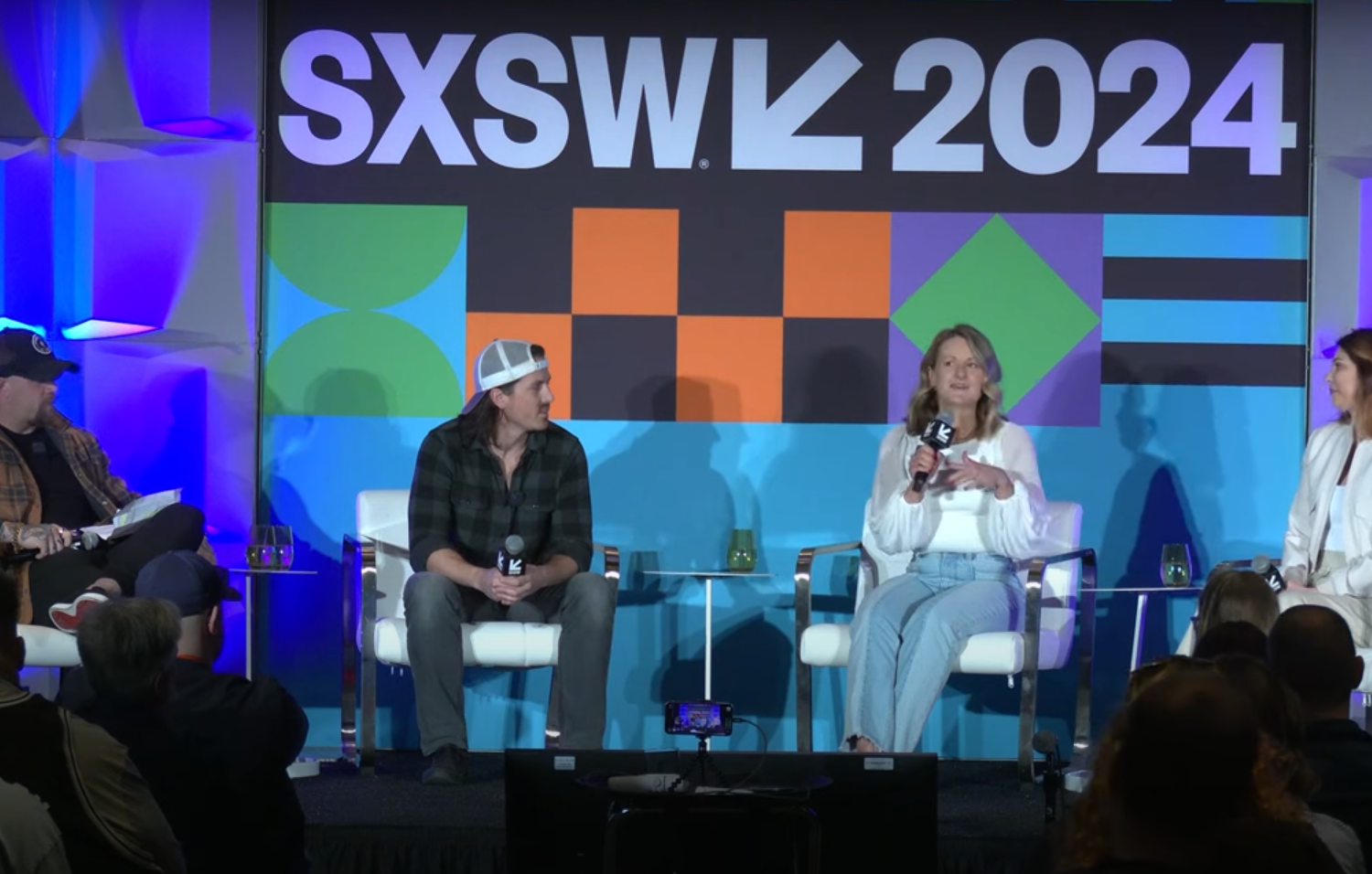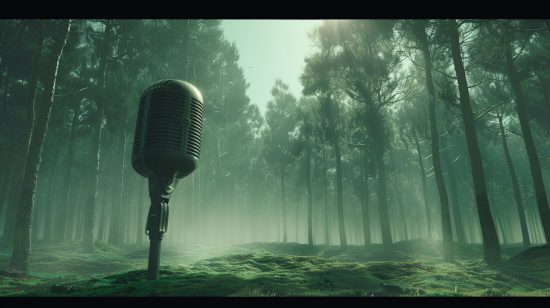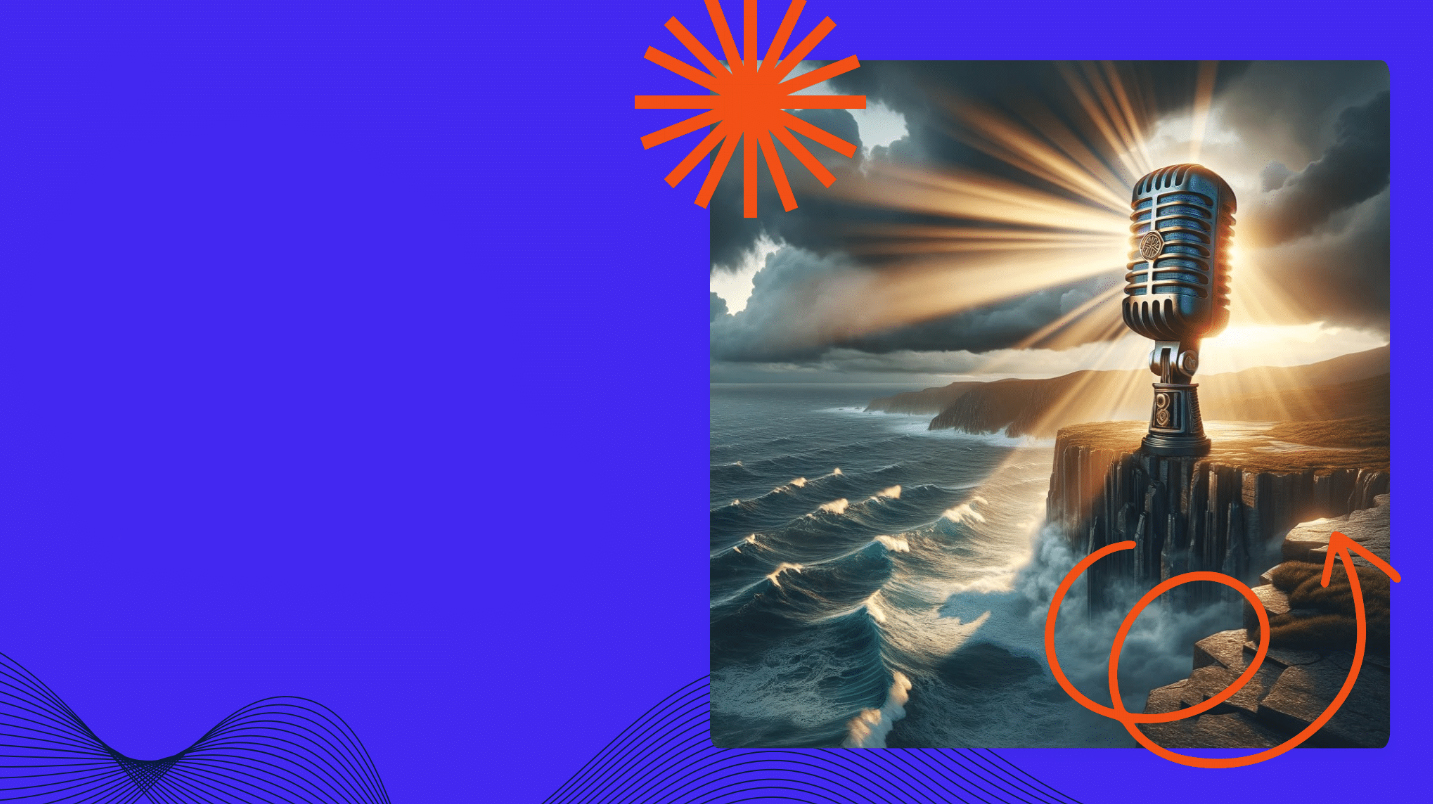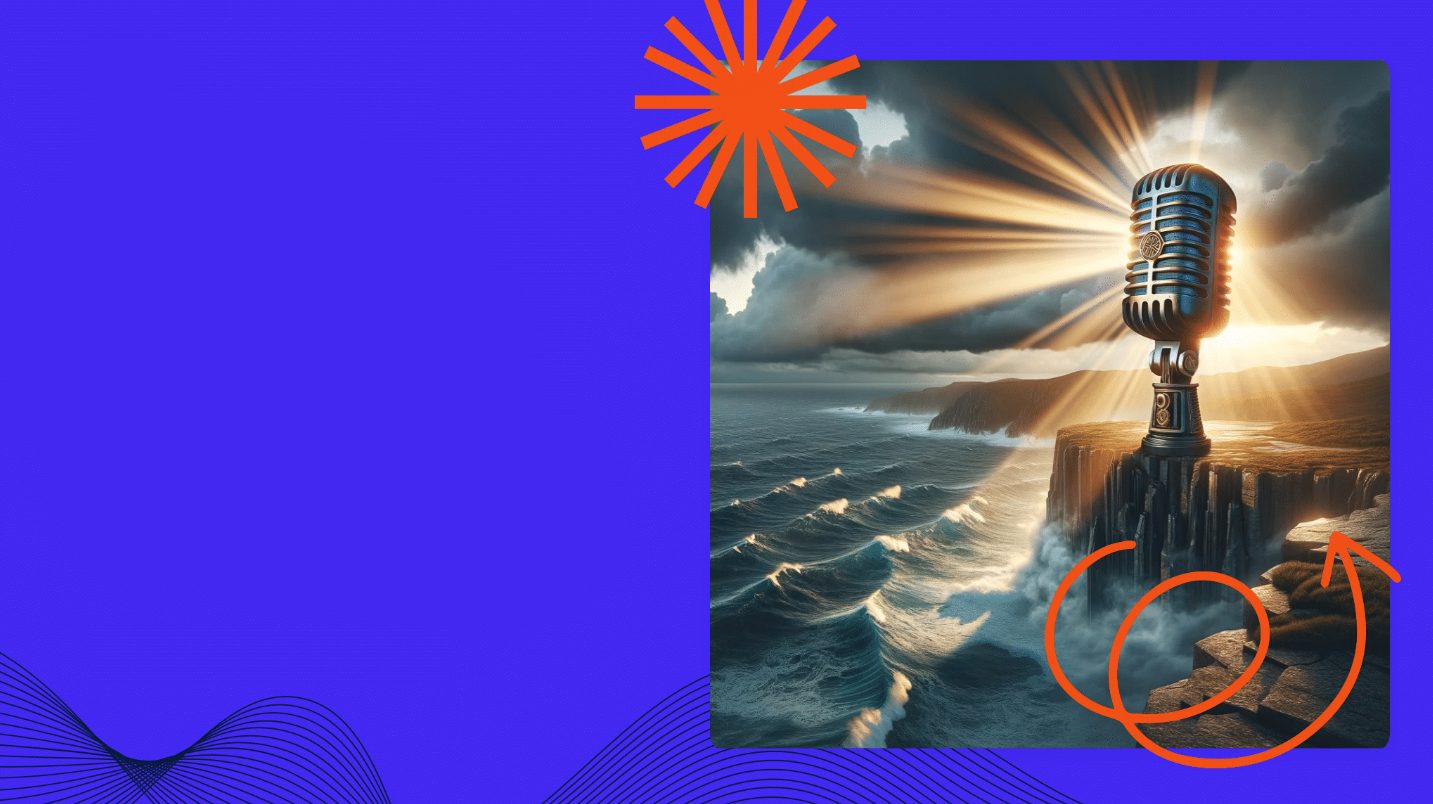Special guest writers:
- Caila Litman writes #GoodData, a monthly column for the Sounds Profitable newsletter. She’s currently producing a podcast about the literary world for The Podglomerate. Previously she built out early stage podcast revenue operations at Vox Media and Condé Nast.
- Shreya Sharma (she/her) is the writer of Inside Podcasting, a newsletter covering industry news and new podcast launches, with special focus on the independent creators. She is also co-host of Sounds Profitable’s weekly show The Download.
Special guest editor:
- Mignon Fogarty is the founder of the Grammar Girl podcast and the Quick and Dirty Tips Podcast network and is a five-time winner of Best Education Podcast in the Podcast Awards. She is a Podcasting Hall of Fame inductee, a New York Times bestselling author, and was the chair of media entrepreneurship in the School of Journalism at the University of Nevada.
Caila Litman, author of Sounds Profitable’s #GoodData series and longtime podcast industry professional is on this episode. If you’ve been wondering how our Good Data series came to be and what our goals are for it, this episode’s for you.
Bridget Todd knows that women have been involved in podcasting since the beginning, but the host of There Are No Girls on The Internet also acknowledges that women and gender non-conforming folks still “have to contend with a very outdated stereotype of the default podcast being a show hosted by two nerdy white guys.” As frustrating as that may be, she celebrates that “today, women podcasters are challenging the stereotype by making some of the most innovative and dynamic podcasts in the landscape.”
Amen, Bridget. You’re not alone in noticing this irksome disconnect between what podcasting is versus how it’s depicted – as a mostly jockular, male-dominated space for bros. In fact, when women in podcasting do get noticed, it’s often through a negative lens that scrutinizes our voices. Case in point: the viral sound of Julia Fox’s wild over enunciation of “uncut gahhhhmmz [gems]” in a Call Her Daddy interview making the rounds on TikTok right now.
Fortunately, people are becoming more aware of the double standard. For example, Alexandra Cohl, recently went viral on TikTok for clapping back at these harmful misconceptions about women in podcasting. In her video, the host of The Pod Broads and founder of POD.DRALAND and the Podcasting by The Moon newsletter, breaks down the vocal fry myth, referencing an old episode of This American Life where Stephanie Foo schools Ira Glass (epic, male vocal fryer) on the subject.
While imitating Julia Fox may seem like victimless fun, such criticism insidiously chips away at the legitimacy of women and other traditionally underrepresented voices. Cohl believes that “deeply listening to women more” is central to the work of tearing down the boys club trope.
Making the podcast industry more vibrant, inclusive and accessible to women and other historically disenfranchised voices starts with everyday actions. As host, producer, and creator of the podcast EDGES and a leading creative director at Acast, Shantae Howell, points out – even though these are tough conversations, they’re not seasonal:
“A huge part of my day-to-day is challenging brands to see the value in great shows, beyond scale. A lot of the time, that means having a conversation about what their audience looks like and cares about outside of ‘seasonal’ moments (Black History Month, Women’s History Month, etc.) throughout the year. Are brands more receptive to that discussion? Sure! Do I still have tough conversations with partners that — out of our network of 40,000+ podcasts — only find shows hosted by white women to be most aligned with their brand? Absolutely.”
To build on founder and CEO of Matriarch Digital Media, Twila Dang’s writing from last year, We Need More Women Working in Ad Tech, which identified five growth areas for building better hiring pipelines of women candidates — including access and mentorship — we pulled out all the stops to deliver you, dear reader, access to the wisdom and mentorship of 30+ women and gender non-confirming voices currently shaping the audio industry at every level.
Because real “girlbosses” don’t gate-keep, this article lifts the curtain for podcast newbies looking to learn from real women and gender non-conforming people actively building the industry.
Folks working across creative, production, editorial, product, tech, marketing, and sales have swooped in — like the big sisters you wish you had — with advice on how to get confident, get heard, get credited, and get paid in podcasting.
If you’re new to the industry, start by educating yourself and listening
Be it the right podcasts or the right people, keep learning and listening — the resources are endless.
“Breaking into the industry starts with being a good listener. I didn’t even know my job existed in this space and only found out by talking to people and asking for informational interviews.” — Michele Dale, Wonder Media Network
“I feel like we are lucky that most of us still think of and treat podcasting as a community where we continue to learn together.” — Meggan Ellingboe, a podcast communications and public relations specialist.
“Educate yourself on the business and talk to people who will give you honest advice. Sign up for podcast newsletters, attend webinars and seminars to educate yourself.” — Gayathri Vaidyanathan, Co-Creator, Scrolls and Leaves
“Make audio, even if it’s for free or just for yourself. Sarah Geis’ Audio Playground has so many short and clever prompts to get you started. In our profession, hiring managers like to hear clips. So if you don’t have them, make them! It’ll show initiative while allowing you to flex your creative muscles.” — Kristen Lepore, Supervising Producer, Lemonada
“Make your own podcast, it will quickly teach you how to record good sound, edit and publish an episode, as well as reveal to you what kind of shows you’re drawn to making. It can just be a short 4 episode series and not a seemingly-never ending weekly show. The experience of making a short series show will teach you so much.” — Cassie Jerkins, Producer, Earwolf, The Office Ladies Podcast
“I’ve found it more helpful to seek out podcast professionals who are one step ahead of me in their career and can talk about their trajectory and what resources they’ve found useful along the way.” — Hannah Boomershine, Associate Producer, Lemonada
Follow the fear – it’s part of trying new things!
And don’t forget, although doing the work is hard, it’s worth it.
“Be open minded and don’t be frightened by what can seem like career tangents. I started out in radio and I loved it so much. I couldn’t imagine working in any other industry. But I’m so glad I took a leap into podcasting — I got to work with all kinds of creative and talented people who were determined to grow the medium and support one another along the way. Almost everyone who works in podcasts carries that passion with them in their work. Also, it may sound obvious, but don’t overlook the value in listening to a wide variety of podcasts regularly. You’ll really understand the space as a consumer and that will inform your work for the better.” — Susie Warhurst, Head of International, Apple Podcasts
“I really wish I could go back and tell myself to make the damn thing! A lot of my fear came from a desire to make something good and that kept me from making (and therefore learning from) the bad things. Don’t get me wrong, not everything you make is meant to see the light of day — but maybe if I’d taken a chance on myself sooner, the somewhat decent things I make now would be great.” – Shantae Howell, host of EDGES podcast and Creative Director, Acast
“For much of my career I had a crushing case of imposter syndrome. And it’s held me back. But it’s bullshit. I got my first job at an NPR station when I was in my 30s — in spite of the fact that I’d been producing audio for more than a decade — I was so sure that everyone would figure me out. I would tell my younger self, and anyone else who wants to get into this business is — try, as hard as you can, to trust yourself. Trust your ear and your instincts and your intellect. Also, nobody really has their shit together. Everyone is just winging it. So if you feel like you are too — you’re doing it exactly right.” — Katherine Sprenger, former Head of Audio, Rebel Girls
Take up space – early and often
From getting credited to getting paid, to sharing your POV and experience in meetings — even when they’re different from the dominant discourse on a subject — start taking up space and advocating for yourself.
“Whether you’re an intern, designer, or a social media manager, ask to be credited in the show and on the website for your contributions. Credits are not only how others will learn about your work, but hearing your own name in the credits can go a long way in overcoming any impostor syndrome … If you’re senior enough to be the one producing the credits, hold the door open for those coming in behind you and credit work generously.” — Ashley Lusk, Head of Content and Audience Strategy, CNN
“One of the most helpful things I’ve encountered in my career is salary transparency within organizations and peers. Talking about how much you make (hi, I make $135k), helps all workers — and it’s especially helpful if you’re white or male! Podcasting is a new industry, which means there’s not a lot of standardization in salaries, so it’s more important than ever to not fall victim to salary disparities.” — Caitlin Van Horn, Associate Marketing Director, Simplecast,
“I know you feel like they are doing you a favor by hiring a young, green producer, but they are vastly underpaying and undervaluing you. Ask for a better/fair starting salary.” — Amina Al-Sadi, Supervising Producer of Vox’s Today, Explained
”A female podcast host once described the following, which really stuck with me: podcasting is a liberating space because you can create your own format, launch your own IP, and build your own community — all without asking for permission. That’s special.” — Susie Warhurst, Head of International, Apple Podcasts
Rethink the status quo!
The map is not the territory. Adding more women and historically underrepresented voices to the industry requires abandoning notions of what this business is supposed to look like — at every level.
“The Podscape lists eighteen companies that currently provide representation services to podcasts. Of those, only three have female CEOs. Men have led the podcast industry for many years running the companies, creating the content, and even listening in higher numbers than women. The pervasive unspoken question is often, ‘Do women have the capabilities of performing as a CEO, and can they contribute in the same way?’ But, of course, they can. Women entering the space aren’t only breaking down stereotypes; they are changing the conversation’s trajectory, bringing in new perspectives and ways of approaching reoccurring issues.” — Heather Osgood, CEO of True Native Media
“One of the big stereotypes I see is that women exist in the soft spaces in podcasting — the marketers, the event producers, the admin assistants, maybe the host. But I know and admire women in podcasting working as product leads, CFOs, COOs and reporters — and very regularly don’t see them recognized in the same way as their male peers.” — Caitlin Van Horn, Associate Marketing Director, Simplecast
“I am one of the few women in the Indian podcast industry who runs her own podcast production company. Having women who are in technical roles, like audio engineers, or editors, who run studios or their own podcast business, that’s where women … are creating an ecosystem where they are in charge and in key positions in the industry.” — Mae Mariyam Thomas, Founder of Maed in India, Podcast Production Company & Consultancy
“It takes work to get underrepresented voices right. Assign the resources to do it well. Why are there White House reporters and not race reporters? Or gender reporters? People need to be forced out of the mindset of ‘this is the mainstream’ and ‘this is the default.’ There is no mainstream. You can tell a story a thousand different ways. — Jazmìn Aguilera, Head of Audio at Los Angeles Times
“The biggest thing I see nonbinary folks in the industry looking to challenge is the idea of a ‘masculine’ or ‘feminine’ voice, and how our concepts of them limit inclusive and creative casting … I know cisgender women with deep voices that get called ‘sir’ on the phone, and trans men who, years into HRT (hormone replacement therapy), still have relatively high vocal placements. As a nonbinary person who does voice acting, I really balk at the idea of a respective ‘androgynous’ voice, because attaching voice to gender requires stating your personal ideas of what a certain gender should sound like, and that’s simply your opinion. I see a lot of showrunners being really successful with casting that gives a character’s pronouns and vocal placement (soprano/tenor or high/medium-low), and encouraging folks with the requested vocal placement to audition for any character whose pronouns they feel comfortable playing. It helps ensure that everyone has the space to bring their very best to an audition!” — Newt Schottelkotte, Podcast Producer
To the leaders: prioritize representation in every part of the work – not just the final product.
We asked our Twitter audience what they think when it comes to equity and inclusivity for women in the podcast industry. Here you have it folks.
We hear the same from creators and professionals in the industry.
“Women and historically excluded groups have always done remarkable and interesting things — it’s just that they haven’t always had the resources and attention they deserve.” — Naveena Sekaran, Social and Digital Marketing Associate at Lemonada Media
“People think about production as the end result. But it’s not that, it’s all the components that go into generating the final product.” — Jazmìn Aguilera, Head of Audio at Los Angeles Times
“It all starts in the pitch process, in the editorial meetings. You have to plant the idea that these voices are integral to the story that you want to tell, and vouch and fight for this representation from the start.” — Myron Kaplan, Managing Producer of News Podcasts, Audacy
“If building inclusive content that elevates underrepresented voices is truly a goal (and it should be!) then it has to be the lens through which you view everything – otherwise it’s just checking a box and that doesn’t serve anyone …You have to build inclusivity into your processes at every level like you’re building a muscle.” — Katherine Sprenger, Former Head of Audio at Rebel Girls
“Female-led podcasts are important particularly for representation. And it’s not just any women, it’s women of different shapes, sizes, colour, caste, age and ethnicity telling their stories, talking about their experiences or imparting their expertise.” — Mae Mariyam Thomas, Founder of Maed in India, Podcast Production Company & Consultancy
“Where we put in the most intentional and focused effort is in ensuring guest lists for the many shows we produce feature diverse perspectives — and that’s not because we want to check off a box, but rather because capturing the sheer diversity of human experience, perspective, and background is in fact one of the most compelling and exciting things you can do for a podcast.” — Michelle Khouri, FRQNCY Media
Join communities to support others and rise together.
Find your people and look out for each other.
”Camaraderie is the ladder out of the pit of despair.” — Arwen Nicks, Creative Director, Dustlight Productions Co.
“Women and other underrepresented groups in podcasting need to prioritize building and integrating themselves into communities of other podcasters in order to share institutional knowledge. That way, we learn what we should be paid, what benefits we should expect from our companies, and on a broader scale, who (which companies & people) we should and shouldn’t work with…set up weekly calls with people who’ve been in the space for a long time of varying roles — producers, ad ops specialists, writers — to get a sense of the industry and where you might want to land.” – Arielle Nissenblatt, Community Manager at SquadCast & Founder of Earbuds Podcast Collective
“Be sure to get yourself into a community like BIPOC Podcast Creators or something similar. This prevents you from being taken by the “fake-sperts.” Having a community around you will help you grow so much faster, and with the support of people on a similar path as you that also want to see you win” — Maribel Quezada Smith, Co-Founder of BIPOC Podcast Creators
“We need to pick up the speed on gender equity and inclusivity in podcasting. And we can do that by making conscious decisions with our podcast work. That means:
Building stronger relationships with female-founded, female-audience-oriented podcasts, networks and firms (like with cross-promotions, ad buys and collaborations)
Amplifying women’s voices as subject matter experts (encouraging opportunities as podcast hosts, podcast guests, podcast critics/writers and podcast panel/event speakers)
More than that, we need to support the next generation of women podcasters as they navigate careers in audio” — Joni Deutsch, VP at The Podglomerate; 10+ year NPR veteran
“Seeing examples of what’s possible expands our mind to turn the impossible into possible realities. Elevating our voice all starts with a belief in self and taking a step forward even when we don’t know where the path will lead. I created the Women in Tech podcast for listeners to walk away feeling ‘If she can do it, so can I.’” — Espree Devora, Host and Producer, Women in Tech Show
“As we get supported, we must continue to support each other — It’s about paying it forward and thinking of how you can leverage your own skillset to help newcomers within the industry. — Jacqueline Westfall, Director of Audience Growth at Lemonada Media
“The need to create and support communities does not stop at cis women alone cisgender women are only a part of the equation. I feel a little awkward speaking in ‘women’s empowerment spaces,’ because at the end of the day, while I am certainly female-adjacent as a nonbinary lesbian, I am not a woman. However, we share so many of the same struggles and goals when it comes to being treated equally here. I would encourage my cis female colleagues to understand that trans men, trans women, nonbinary people — all those other ‘marginalized genders’ — we are far more alike than those who doubt all of us would hope we believe. The most important keystone in a movement isn’t independence; it’s solidarity.” – Newt Schottelkotte, Podcast Producer
Highlight Women and Non-Binary Folks Making Money in Podcasting
We’re often raised to avoid talking about money, but one way to change thinking in the industry is to show that women and non-binary folks can be as successful as men.
Consider The Office Ladies at Earwolf — one of the most in-demand shows by podcast advertisers, which also happens to be hosted by two women. Producer Cassandra Jerkins also proudly describes herself as “a mixed-race, queer person, from a working class family,” and says that despite the show’s success, she is still sometimes frustrated and disappointed when she hears offhand comments about the difficulty of marketing shows that feature underrepresented voices, but she says, “Shows featuring women or historically underrepresented voices have proven this assumption wrong.”
“I think heteronormative men are still more likely to be given more respect, opportunities, support or tools than women, BIPOC, LGBTQIA or people with disabilities in the podcast industry,” Jerkins adds.
The industry needs this wake up call: distributing resources more equitably isn’t just the right thing to do — it will actually also help the bottom line — and the more we point out that we can be (and are) just as successful, the sooner things will change.
Finally, should we be optimistic? Are things getting better for women and the historically disenfranchised in podcasting?
We checked in with Twila Dang, who wrote last year’s piece about the need to add more women to the AdTech space; specifically to know if she’s observed any changes since then. Twila acknowledges that there’s definitely “more discussion” around the issues women face and the kind of support that needs to be in place but talking is not enough:
“I’m not seeing a lot of movement. Now, that’s usually what happens as a first stage, we have a lot of ‘Let’s talk about it.’ ‘Let’s identify the problems.’ ‘Let’s highlight women’s voices and let them tell you how difficult it is.’ But we rarely take that from that initial step of highlighting, and moving it to actual concrete action. We need to see more action.
“I will argue that in the independent and grassroots spaces, we are seeing a lot of one-on-one mentorship, a lot of one-on-one education and trying to create more access, but we need to see that industry wide. It can’t just be small pockets of women doing the work for other women. It’s a great start, but it’s not sustainable if we want the entire industry to come online. Otherwise, we’ll wind up looking like other industries, where the marginalized groups advocate for themselves, do the work for themselves, and then the larger structures just go ‘We appreciate that they’re doing that, but we want to do better.’ You can do better by taking action, and that actually hasn’t happened yet.”
Let’s begin, shall we?
Our Twitter also expressed where they think the responsibility for taking action on this front lies.
Let’s take more than the warm fuzzies out of this curation of thoughts and experiences; let’s recognize the micro-situations in which we can start taking action.
Gatekeeping is something we’ve all faced, at different levels. Regardless of our differences, the frustration that arises from not being given a seat at the table is relatable. Hopefully, these leaders’ words will help turn that frustration into action.
For the women and gender non-conforming folks, we hope that we’ve provided you with more than a list to-dos, but rather a list of how-tos. Moreover, we sincerely hope that you see and know that you’re not alone. Those you may look up to or consider as successful, have and continue to face similar challenges as you. And what’s more? They want to let you in!
For readers who identify differently, Twila’s words bear repeating — “It can’t just be small pockets of women doing the work for other women.”
The voices and discussion in this space are multiplying, but everyone’s involvement is urgently needed and essential.
2022 Women & Gender Non-Conforming Folks to Watch in Podcasting
Ainsley Rossitto, Director, Podcast Marketing, Paramount
Alexandra Cohl, Host The Pod Broads Podcast and POD.DRALAND
Alexandria Wheatley, Operations Analyst, Magellan.ai
Allyson Marino, Podcast Slate Lead at iHeart
Amina Al-Sadi, Supervising Producer, Today Explained
Arielle Nissenblatt, Community Manager, SquadCast + Founder, Earbuds Podcast Collective
Arwen Nicks, Creative Director, Dustlight Productions Co.
Beth Anne Macaluso, Head of Podcast Development, iHeart
Bridget Armstrong, Senior Podcast Producer + Host, The Skimm
Bridget Todd, Host + Creator, There Are No Girls On The Internet Podcast
Brigid Judge, Director of Sales, Podsights
Byrd Pinkerton, Senior Producer, Unexplainable, Vox Media
Caitlin Van Horn, Associate Director, Marketing, Simplecast
Cassandra Jerkins, Producer, Earwolf, The Office Ladies
Cassandra LaPrairie, Lead Audio Marketing, Wise
Claire Tighe, Supervising Producer, At Will Media
Danielle Urban, Director, Marketing Growth, Magellan.ai
Elise Bergerson, Podcast Talent Agent, Verve
Espree Devora, Host and Producer, Women in Tech Show
Gabrielle Smedes, Podcast Partnerships, Vox Media
Gayathri Vaidyanathan, Co-Creator, Scrolls and Leaves
Ginni Saraswati, Founder & CEO, Ginni Media
Grace Kane, Director, Business Development, Simplecast
Shantae Howell, Host + Producer EDGES Podcast + Creative Director, Acast
Joni Deutsch, VP at The Podglomerate; 10+ year NPR veteran
Jacqueline Westfall, Director of Audience Growth at Lemonada Media
Jazmìn Aguilera, Head of Audio at Los Angeles Times
Justine Goode, Vanity Fair, Podcast Coverage + NBCU Social Designer
Kali Herbstman, Account Executive, Magellan.ai
Kaniehtiio Horn, Host of Telling Our Twisted Histories
Katherine Sprenger, Head of Audio – new gig coming spring, 2022
Keisha (TK) Dutes, Executive Producer, Spoke Media
Lauren Nagel, COO, SpokenLayer, Composer & Vocalist
Lauren Passell, Founder of TINK Media, Curator of Podcast the Newsletter
Newt Schottelkotte, Podcast Producer
Nelle Plotkin, Senior Manager, Podcast Strategy & Operations, Vox Media
Nikki Ettore, VP, Head of New York Podcast Studio, iHeart
Mackensie Freeman, Podcast PR, BECK Media
Mae Mariyam Thomas, Founder of Maed in India, Podcast Production Company & Consultancy
Manuela Bedoya, Marketing Lead at LWC Studios
Maribel Quezada Smith, Co-Founder of BIPOC Podcast Creators
Martha C. Daniel, Senior Branded Audio Producer, Vox Media
Meggan Ellingboe, Podcast Comms + PR specialist
Michele Dale, Wonder Media Network
Misha Euceph, Dustlight Productions Co.
Mignon Fogarty, Founder of the Grammar Girl podcast and the Quick and Dirty Tips Podcast network
Myron Kaplan, Managing Producer of News Podcasts, Audacy
Naveena Sekaran, Social and Digital Marketing Associate at Lemonada Media
Newt Schottelkotte, Podcast Producer
Noreen Alladina, VP, Business Development, SpokenLayer
Rachael King, Founder, Pod People
Shantae Howell, host of EDGES podcast and Creative Director, Acast
Shumita Basu, Editor & Host, Apple News Today
Skye Pillsbury, podcast journalist, bylines in Hot Pod, Inside.com, and Bello Collective
Susie Warhurst, Head of International, Apple Podcasts
Tal Minear, Podcast Producer and Sound Designer
Tamara Sepper, Head of Content + Executive Producer, CAFE + Vox Media
Tangia Renee Al-awaji Estrada, Co-Founder, BIPOC Podcast Creators + Amplify BIPOC
Tarkor Zehn, Producer, New York Magazine
New Sponsors
Sounds Profitable is able to grow and expand as an independent resource thanks to the financial support of our amazing sponsors. Sponsorship not only includes logo placement, but 1 hour of consulting each month. We’d love to introduce you to our latest sponsor!
- Ampel is a full-service audio experience agency, specializing in audio strategy, creative, production, media, distribution and monetisation across all platforms, based in Australia. From original and brand-funded podcasts, to interactive voice experiences, and everything in between.
Want to learn more about sponsorship? Hit reply!
Rel’s Recs
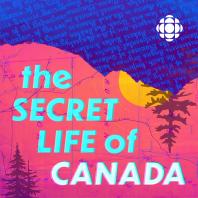
Arielle Nissenblatt of EarBuds Podcast Collective this week has chosen Secret Life of Canada from CBC Podcasts, hosted by Triton Digital.
This show feels like This American Life but for Canada and less thematically-based. The Secret Life of Canada shares the stories of Canadians and the land they inhabit — with topics ranging from history and education to immigration and food. It’s beautifully-produced and strikes the right balance between informative and chatty.
Market Insights with Magellan AI
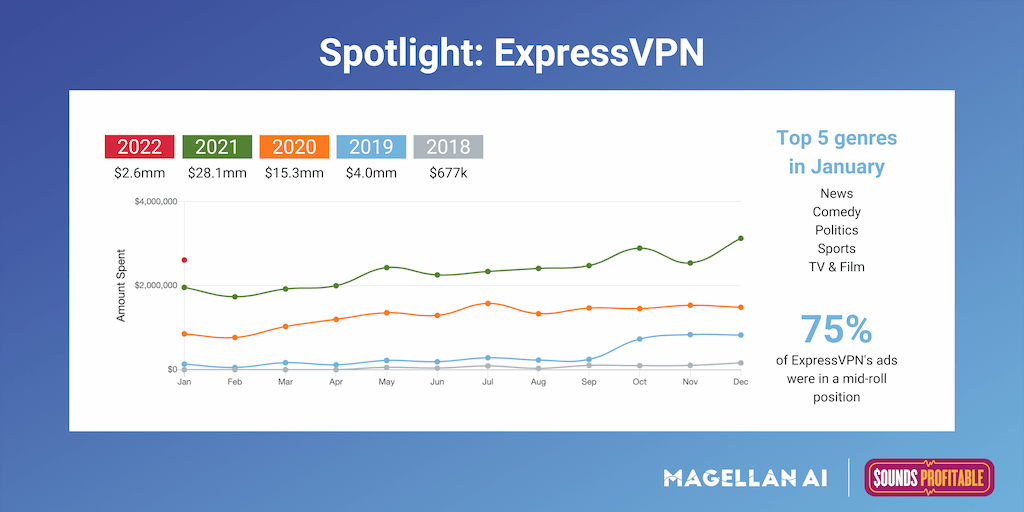
Last week, we highlighted the growth we’ve seen in the Business Services & Software Industry so far this year. This week, we’re diving in and taking a look at one of the top spenders of that industry: ExpressVPN. They’ve made our top 15 list since we started publishing it back in June 2020 and their $2.6 million spend in January landed them at #3 on our monthly list.
Stay up to date with top spenders and top movers and shakers in Magellan AI’s blog.
Anatomy of an Ad with ThoughtLeaders

What makes a good podcast ad? You know it when you hear it, sure. But is there more to it? We’ve teamed up with ThoughtLeaders to break down what works, what doesn’t, and what it takes to make great ads.
This week’s Anatomy of an Ad breaks down a host-read ad for Squarespace presented by Jillian Jalali, host of the podcast Court Junkie.
Find out what worked well and what could be improved upon as you work to make your own ad reads better.

